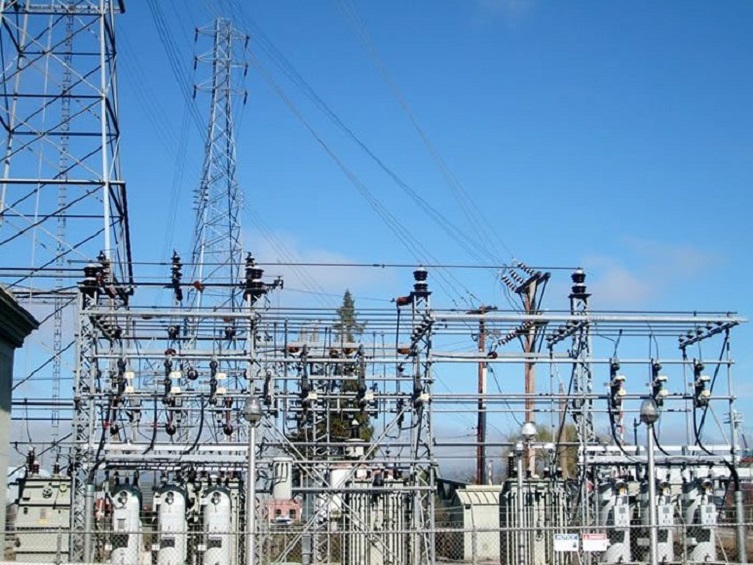
Power Sector Strained as Togo, Benin, and Others Owe Nigeria $14.19 Million for Electricity Exported in Q1 2024
The Nigerian power sector is under significant financial strain due to outstanding debts owed by neighboring countries and local entities for electricity exported in the first quarter of 2024. According to a report by the Nigerian Electricity Regulatory Commission (NERC), none of the four international bilateral electric power customers serviced by the Market Operators made any payment against the $14.19 million invoice issued for services rendered in Q1 2024.
Outstanding International Debts
International Customers and Amounts Owed
The NERC’s first quarter 2024 report highlights the debts owed by international customers, including:
- PARAS-SBEE: $3.15 million
- Transcorp-Société Béninoise d’Energie Electrique (SBEE): $4.46 million
- Mainstream-Nigerien Electricity Society (NIGELEC): $1.21 million
- Odukpani-Compagnie Energie Electriques du Togo (CEET): $5.36 million
Long-standing Non-payment Issues
The report indicates a persistent trend of non-payment by these international customers. This issue has prompted the Commission to communicate the need for intervention to the relevant Federal Government of Nigeria (FGN) authorities. A continuation of this non-payment may lead to total disconnection from the grid.
Domestic Payment Challenges
Special Customers’ Non-payment
Domestically, Ajaokuta Steel Co. Ltd and its host community, categorized as special customers, did not make any payment towards their ₦1.27 billion (NBET) and ₦0.09 billion (MO) invoices received in Q1 2024. This continues a longstanding trend of non-payment by this customer.
Non-payment by Bilateral Customers
Similarly, none of the bilateral customers within Nigeria made any payment against the cumulative invoice of ₦1.860 billion issued by the Market Operator (MO) for services rendered in Q1 2024.
Revenue Collection and Efficiency
DisCos’ Revenue Performance
The total revenue collected by all Distribution Companies (DisCos) in Q1 2024 was ₦291.62 billion out of ₦368.65 billion billed to customers. The total energy received by all DisCos was 7,171.93 GWh, while the energy billed to end-use customers was 5,769.52 GWh, translating into an overall billing efficiency of 80.45 percent.
READ ALSO: Investment Trends in Generative AI Startups: A Mixed Bag
Top and Bottom Performing DisCos
- Highest Revenue Collectors:
- Ikeja DisCo: ₦57.88 billion
- Eko DisCo: ₦48.74 billion
- Lowest Revenue Collector:
- Yola DisCo: ₦5.46 billion
Other notable collections include:
- Abuja DisCo: ₦48.60 billion
- Ibadan DisCo: ₦30.35 billion
- Benin DisCo: ₦22.46 billion
- Enugu DisCo: ₦21.24 billion
- Port Harcourt DisCo: ₦20.39 billion
- Kano DisCo: ₦13.62 billion
- Jos DisCo: ₦13.29 billion
- Kaduna DisCo: ₦9.60 billion
Aggregate Technical, Commercial, and Collection (ATC&C) Losses

Overview of ATC&C Losses
The aggregate ATC&C loss recorded across all 11 DisCos in Q1 2024 was 36.36 percent, which comprises 19.55 percent in technical and commercial losses and 20.83 percent in collection loss. This is 8.86 percentage points higher than the allowed aggregate efficient loss target of 27.50 percent used in the computation of tariffs in the Multi-Year Tariff Order (MYTO).
Implications of High ATC&C Losses
These high losses mean that DisCos recorded inefficiencies that are not recoverable from customers, adversely affecting their profitability. The failure to meet the allowed loss targets compromises the DisCos’ ability to meet revenue requirements and maintain their financial stability.
Performance of Individual DisCos
- Top Performer:
- Ikeja DisCo outperformed its allowed ATC&C target with an actual ATC&C of 15.81%, lower than the set target of 18.73%.
- Underperformers:
- Kaduna DisCo recorded the highest negative variance (-34.96 percentage points), followed by Kano (-27.73 percentage points) and Jos (-21.04 percentage points).
Efforts to Improve ATC&C Losses
The Commission is working with all DisCos in the power sector to take remedial actions, including customer enumeration and increased revenue assurance, to improve their ATC&C losses.
Conclusion
The Nigerian power sector faces significant financial challenges due to unpaid debts from international and domestic customers. While some DisCos have shown improvements in revenue collection and efficiency, the overall sector struggles with high ATC&C losses, which undermine financial stability. Addressing these issues requires coordinated efforts between the government, regulatory bodies, and power companies to ensure sustainable energy delivery and financial viability.


